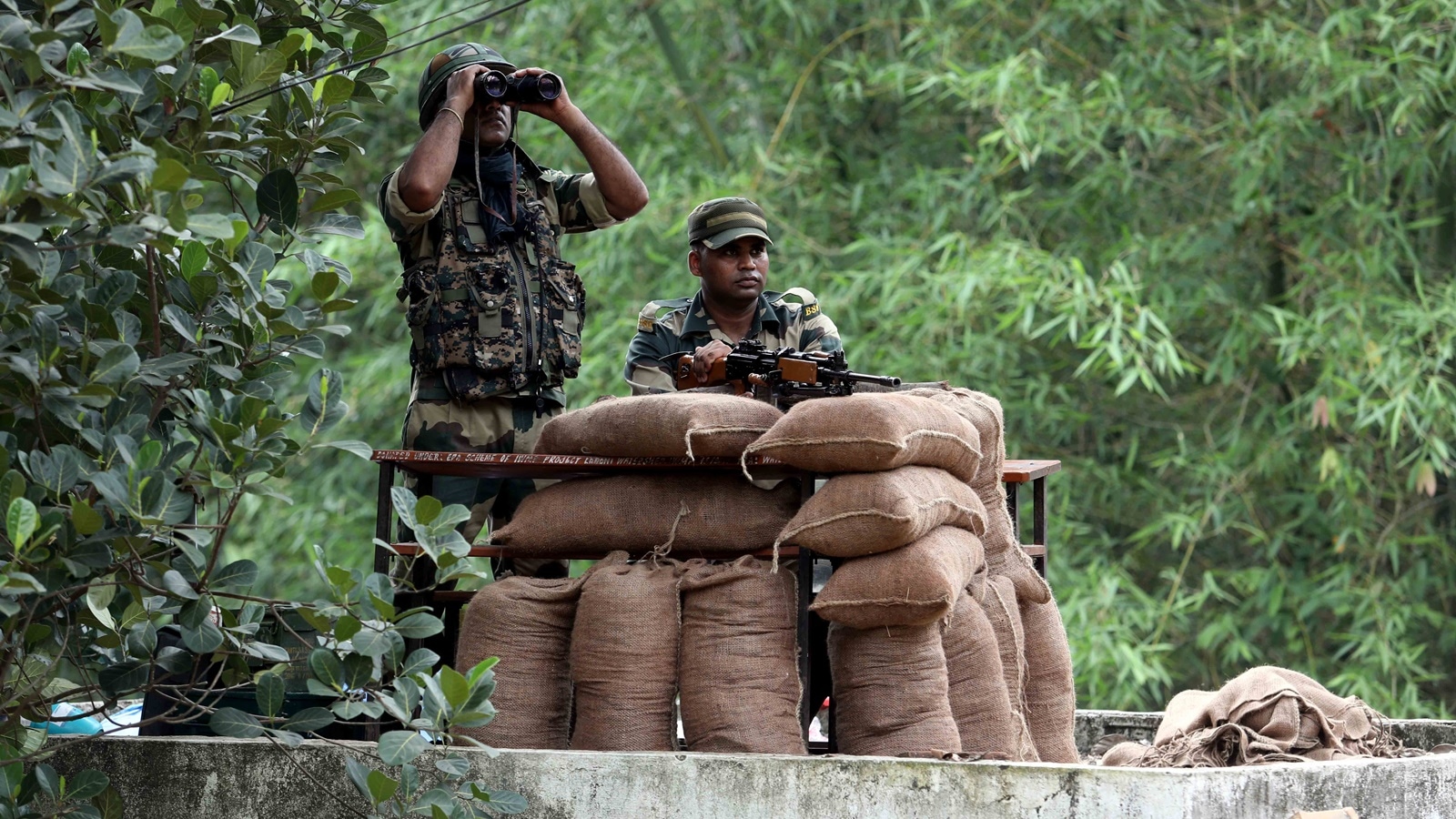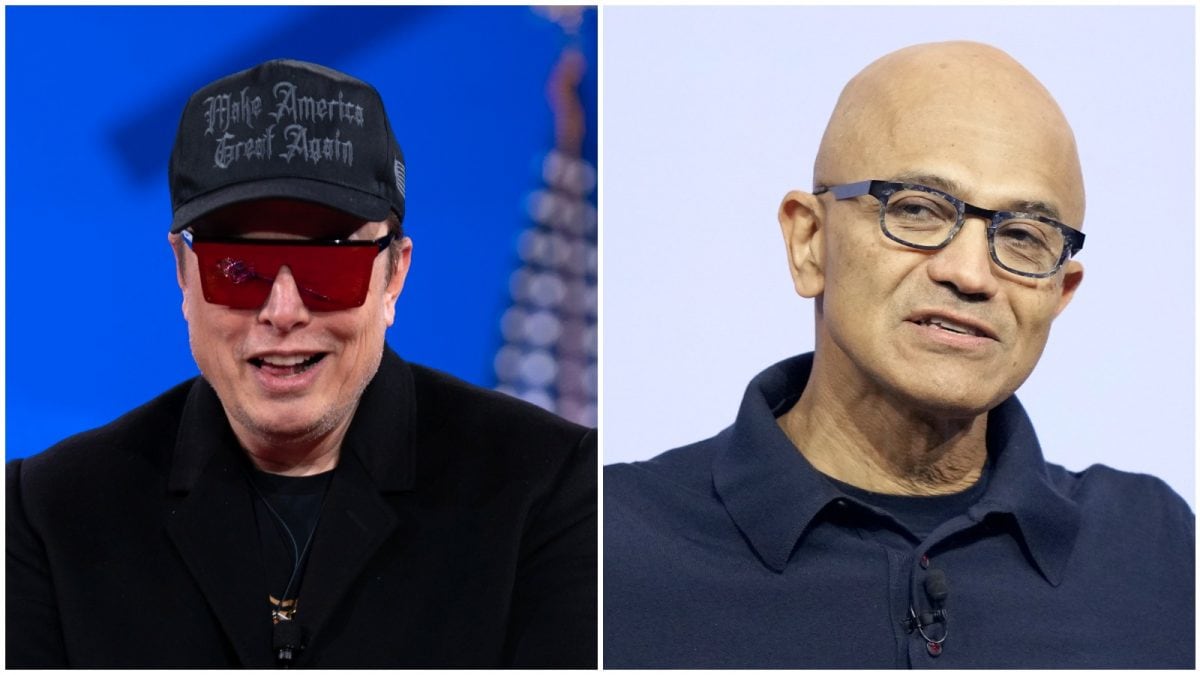ARTICLE AD BOX
Last Updated:August 18, 2025, 08:00 IST
Counterfeit and 'not of standard quality' drugs are more than a regulatory headache -- they erode patient trust, compromise treatment outcomes, and can even endanger lives

Over the past year, several widely used medicines sold under popular brand names have figured in the 'not of standard quality' alerts issued by CDSCO, which is India's apex drug regulator. (Image for representation: News18)

Now, the regulatory body’s own alerts include comments from manufacturers stating that the failed products did not originate from them. In fact, in 2023, the Centre made QR codes mandatory for 300 pharmaceutical brands allowing consumers to verify the authenticity of medicines. Despite the move, counterfeit drugs continue to circulate – partly due to limited public awareness and the absence of a robust system to sensitise consumers.
When News18 reached out, only a handful of companies shared details of the steps they are taking to trace and curb fake brands. Others chose not to respond despite reminders. This raises a sharp question: are drug makers truly committed to tackling counterfeits, or is silence simply a safer route – one that shields them from reputational damage and regulatory scrutiny while the problem festers in the market?
DRUGS FLAGGED IN QUALITY CHECKS
Over the past year, several widely used medicines sold under popular brand names have figured in the ‘not of standard quality’ (NSQ) alerts issued by Central Drugs Standard Control Organisation (CDSCO), which is India’s apex drug regulator.
Cipla’s Tamsulosin Hydrochloride and Dutasteride tablets (Urimax D, May 2025) and Tofacitinib (Tofajak, November 2024) were flagged, as was Glenmark’s Telma 40 (March and May 2025). Alkem’s Ondem (January 2025), Pan D (October 2024) and Taxim, as well as Sun Pharma’s Rosuvas (October 2024), Pantocid (August 2024) also appeared on the list.
Among multinationals, GSK’s Augmentin 625 Duo and dermatology creams Betnovate-N and Betnovate-C were named in November 2024. Pharmaceutical companies typically inform regulators that the listed batches were not manufactured by them and, therefore, are in the category of spurious or counterfeit drugs.
BUT, WHAT’S NEXT?
Several drug makers have outlined the steps they are taking to address the issue.
A GSK spokesperson told News18 that its most recognised product, “Augmentin 625 Duo and dermatology products Betnovate-N and Betnovate-C", have been targeted by the counterfeit market.
The company said “detection and prevention are two different topics which require different technical solutions". It utilises overt and covert anti-counterfeit features on its packaging – both Augmentin 625 Duo and Betnovate-N and Betnovate-C incorporate these features.
“In line with legislation that requires capturing the details of the product, we overprint QR codes on these products for easier detection," GSK said.
To stop the proliferation of counterfeit drugs, the spokesperson said: “We believe enforcement must be strengthened. In addition, there is low adoption of scanning at the retail and consumer level, weak integration of the tracking system across the supply chain, along with the presence of informal or unregulated distribution channels. Until compliance is universal and verification is routine at every stage – from manufacturing to the point of sale – counterfeiters will exploit such loopholes."
GSK said it is actively working with different Indian law enforcement agencies, including CDSCO (DCGI), state FDAs (Food and Drug Administration), and the police. In fact, it said, it is constantly surveying and investigating valuable targets under a global anti-counterfeiting programme.
“We regularly send notifications to relevant FDA offices when we receive consumer complaints of counterfeit goods," the company added.
Another drugmaker, Alkem, whose popular brands Pan D and Taxim-O have also been targeted, described counterfeit medicines as a persistent public health risk.
“We are consistently enhancing our security measures, adopting innovative packaging technologies to prevent counterfeiting. Today, Alkem’s key brands, including Pan, Clavam, A to Z and Taxim-O, incorporate unique security features in addition to QR codes to verify product authenticity," the company said.
Alkem said it regularly engages with industry bodies, healthcare professionals, and government authorities to address the problem of counterfeiting and drive awareness about the security measures taken by the company on its product packs.
“We believe counterfeit drugs is a national issue and all stakeholders involved should tackle it collaboratively to ensure that patients receive approved and genuine medicines developed by authentic manufacturers," it said.
Similarly, Mankind Pharma’s CEO Sheetal Arora called counterfeit drugs a “direct threat to patient safety" and public trust in branded medicines.
“Counterfeit and spurious drugs are a grave concern, given the recent spate of incidents reported in the media, as they directly threaten patient safety and trust," Arora said.
Mankind Pharma implements safeguards, including QR codes, holograms, security labels and tamper-proof packaging across our top-selling products.
“These measures enable consumers to instantly verify authenticity and access essential product details. We also change packaging periodically to make duplication more challenging," Arora added.
Despite these safeguards, counterfeit products can still infiltrate the supply chain. “This is why we have adopted multiple preventive measures and continuously monitor our supply chain processes. Alongside enforcement, we work closely with chemists, distributors and consumers through public awareness initiatives to help them identify genuine medicines."
The company has designed a way to create awareness around fake medicines. “In August, we rolled out our public awareness campaign #AsliDawaKhushalZindagi and launched a podcast on our social media platform Docflix. This is our way of sensitising the public and combating counterfeit medicines through organic advocacy, stakeholder collaborations and sustained awareness campaigns," the CEO said.
The company recognises that curbing this menace requires stronger policy-level support, including joint task forces, stricter implementation of good distribution practices and investments in secure, distinctive and hard-to-replicate packaging.
However, Cipla, Abbott and Sun Pharma – the top three pharmaceutical companies in the chronic segment drugs – did not respond to queries about the safeguards they have in place to protect patients from fake versions of their brands.
Glenmark, maker of one of the most popular high blood pressure drug Telma, told News18: “We won’t be able to take it further."
IN SHORT…
Counterfeit and NSQ drugs are more than a regulatory headache – they erode patient trust, compromise treatment outcomes, and can even endanger lives.
While some companies have introduced technological fixes, the scale of the problem goes beyond packaging and security features. Weak enforcement, gaps in drug distribution, and limited awareness among consumers allow fakes to persist.
India needs a stronger, coordinated strategy where regulators, law enforcement, pharma companies and healthcare providers act in concert. Without this, the monthly NSQ alerts risk becoming a ritual – doing little to protect patients in reality.

Himani Chandna, Associate Editor at CNN News18, specialises in healthcare and pharmaceuticals. With firsthand insights into India's COVID-19 battle, she brings a seasoned perspective. She is particularly pass...Read More
Himani Chandna, Associate Editor at CNN News18, specialises in healthcare and pharmaceuticals. With firsthand insights into India's COVID-19 battle, she brings a seasoned perspective. She is particularly pass...
Read More
- Location :
- First Published:
August 18, 2025, 08:00 IST
News india Are Indian Drug Makers Doing Enough? The Fight Against Fake Medicines Needs More Muscle
Disclaimer: Comments reflect users’ views, not News18’s. Please keep discussions respectful and constructive. Abusive, defamatory, or illegal comments will be removed. News18 may disable any comment at its discretion. By posting, you agree to our Terms of Use and Privacy Policy.
Read More



.png)
.png)
.png)
















 1 hour ago
3
1 hour ago
3








 English (US) ·
English (US) ·